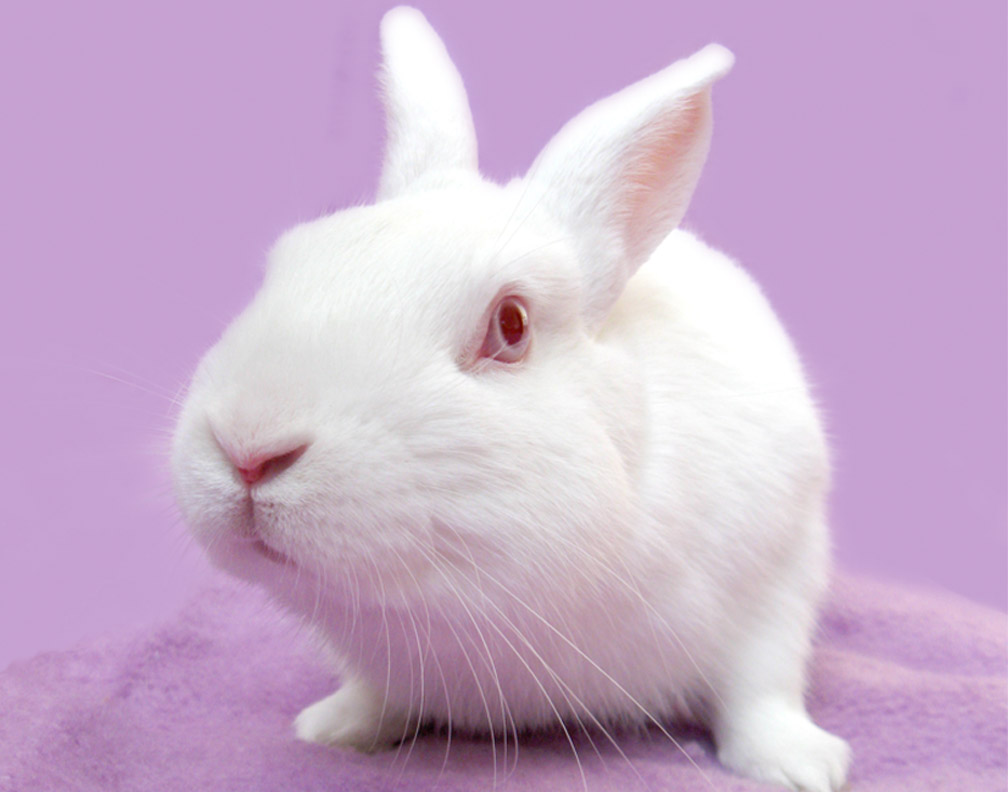
Owners may also observe grunting noises when two rabbits meet for the first time, but this will usually dissipate over time. Grunting can be heard in rabbits that are frustrated and is common in bunnies looking to mate. Learning about rabbit noises and behaviors can help you keep your bunny happy, and respond appropriately to their emotions. Why Do Rabbits Grunt?Īlongside their behavior, rabbit noises can tell us a lot about how our little pets are feeling.

Let’s take a closer look at the explanations behind this interesting vocalisation. Grunting isn’t always something to worry about, but can be a sign that your bunny is unhappy. But, when used in a positive way, this sound is more often referred to as honking. Some people observe the noise in more positive circumstances, paired with other excited behaviors like jumping, binkying, or zooming around you. Try giving your bunny the cardboard from a toilet paper or paper towel roll, cereal boxes, paper bags, or commercially-bought animal toys.Why do rabbits grunt? Rabbit grunting can be a sign of frustration and anger, but it is also common in unneutered male rabbits that want to mate. You can also give your rabbit other chew toys (in addition to wood) to keep him busy.Safe, nontoxic wood sources include apple, willow, aspen, and pine.A chew toy should be untreated and unpainted, and tree branches should be non-toxic and pesticide-free. Make sure that the wood is safe for rabbits.You can buy a wooden product at a pet store, or give your rabbit a fresh tree branch/twig to chew on. Wood is the best chew toy for rabbits.

See your vet as soon as possible so that your veterinarian can help your rabbit.

Some people find that holding an angry rabbit against your breastbone, with one hand around his ribs and the other hand supporting his behind, can calm the rabbit down and make him feel secure.Make sure you avoid the face (although the forehead may be okay), and talk to your rabbit in a calm and soothing voice. Any time your rabbit appears frightened near you, try gently stroking his head from above.Keep your hands behind your rabbit's head and far away from his nose.

If you shove your hand towards your bunny's nose, he might think you're doing the same thing.


 0 kommentar(er)
0 kommentar(er)
